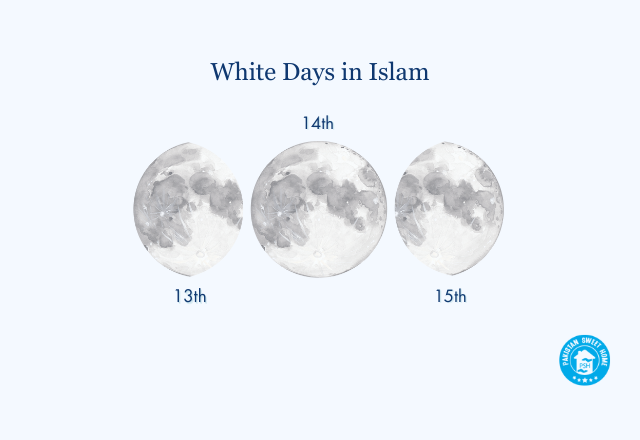
- DONATE
- SPONSOR A CHILD
- Zakat calculator
- SIGN IN
-
- About Us
- FAQ's
- Contact
- Get Involved
- Admissions
- Sign In
- SPONSOR A CHILD ZAKAT CALCULATOR DONATE
-
info@pakistansweethome.org.pk
(051) 4865856
+92 335 1118477

5 min read
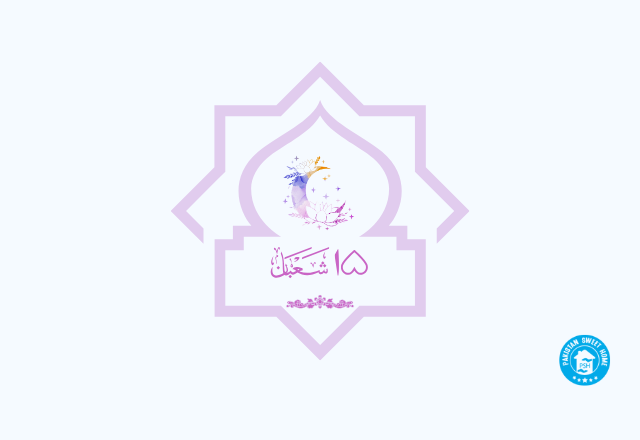
Shab-e-Barat is a Persian phrase, also used in Urdu, that refers to 'Mid-Shaban Forgiveness.'
It marks the night of the 15th of Shaban, the eighth Islamic month of the Hijri calendar. The term derives from the Arabic words bara’ah (freedom) and sha'b (people), which give the month of Sha'ban its name.
Let’s explore the various beliefs, virtues of fasting, and scholarly debates surrounding the 15th of Sha'ban.
There are two main beliefs among Muslims regarding special worship on the 15th of Shaban.
One group believes that on this night, Allah, the Most Majestic, descends to the nearest heaven to observe His creation. He forgives all His servants, except those who engage in idolatry, murder, or harbor resentment. To honor this belief, they engage in additional prayers and acts of devotion.
Another group believes that Mid-Sha'ban holds no unique merit over other nights, emphasizing that Allah’s mercy and forgiveness are accessible every night, with His descent to the lowest heaven authentically established in Revelation.
Abu Hurairah narrated that the Messenger of Allah said:
“Our Lord descends every night to the nearest heaven until the last third of the night remains, so He says: ‘Who is calling upon Me so that I may answer him? Who is asking from Me so that I may give him? And who is seeking forgiveness from Me, so that I may forgive him.’”
(Jami at-Tirmidhi: 3498)
One such unfounded practice is Salat Al-Alfiyyah, or the "Prayer of a Thousand," which is linked to Mid-Shaban. This practice involves gathering in mosques for a lengthy prayer of one hundred rak'ahs. It also includes reciting the first verse of Surat Al-Ikhlas ten times in each rak'ah.
Despite claims that this practice brings forgiveness, it has no origin in authentic teachings and is widely rejected by Muslim scholars as an unfounded innovation. Many scholars also reject any form of collective worship specific to Mid-Shaban Night, viewing it as a baseless addition to Islamic practices.
On this night it is also common for people to visit the graves of their loved ones. Some scholars believe that this is a blessed night that decides the fortune of the whole year. Similarly saying shab e barat mubarak is also not proved from the valid and authentic hadith.
Some individuals refer to the last days of Sha‘ban as al-Sha‘baniyyah, stating,
“These are the days to bid farewell to food.”
They use this time to indulge in eating before Ramadan begins.
Some scholars suggest that this practice originated from Christians. They would engage in similar behavior as their fasting period (Lent) approached.
Scholars hold differing but valid views regarding the significance of Mid-Shaban. Some emphasize the benefits of extra worship on this night as a way to seek Allah’s forgiveness.
However, both those who support and those who oppose its merit agree on one point. There is no basis for organized, special rituals as a requirement for forgiveness on this night.
The primary reason for scholarly debate on Shab e Barat stems from differing views on the validity of texts that affirm its virtues. Some scholars question whether it truly represents the "Night of Freedom" from sin (Laylat Al-Bara’ah).
There are no Quranic verses that explicitly mention Shab e Barat or Mid-Shaban Night.
Some scholars mistakenly associate the blessed night (Laylatul Qadr) mentioned in Surah Dukhan (44:2-5) with the middle of Sha‘ban. While the special worship of the Night of Decree is clearly outlined in the Quran, there is no such mention of the middle of Sha‘ban.
Promoting special acts of worship during the 15th of Sha‘ban by linking it to this blessed night is not accurate.
Some scholars who view Mid-Shaban as a special night of forgiveness reference the following narrations:
"When it is the night of Mid-Shaban, Allah looks down upon His creation: He forgives the believers, grants respite to disbelievers, and leaves those holding grudges until they let go of their rancor" (The Branches of Faith).
"Indeed, Allah surely looks upon His creation on the night of Mid-Shaban and forgives all except those who associate partners with Him or hold resentment" (Ibn Majah).
"Allah observes His creation on the night of Mid-Shaban, forgiving everyone except those who associate partners with Him or hold grudges" (Ibn Hibban).
Another narration from Aisha RA states,
“I missed the Prophet one night and found him in the Baqi cemetery, looking up to heaven. He told her, ‘Indeed, Allah descends on the 15th night of Sha'ban to the lowest heaven and forgives more people than the number of hairs on the sheep of Bani Kalb’"—a tribe known for its large herds (Ahmad, Tirmidhi, Ibn Majah).
The above narrations, which are graded weak, about the virtues of Mid-Shaban are attributed to prominent Companions of the Prophet (PBUH). However, scholars dispute their reliability due to conflict in the chains of transmission.
Fasting during the middle days of Shaban and engaging in night prayer is virtuous, established practices encouraged by the Prophet (PBUH).
Reliable narrations recommend fasting on the “White Days” of each month—the 13th, 14th, and 15th—named for the full moon’s brightness.
As Jarir bin 'Abdullah narrated, the Prophet (PBUH) said:
"Fasting three days of each month is fasting for a lifetime, and the shining days of Al-Bid, the thirteenth, fourteenth, and fifteenth."
(Sunan an-Nasa'i 2420)
Additionally, the Prophet (PBUH) would frequently fast in Shaban, calling it a “neglected month” due to its placement between Rajab and Ramadan. Therefore, fasting mid-Shaban and most of this month aligns with commendable prophetic practice.
Night prayer (Tahajud) on each night is also highly emphasized by both Allah and His Messenger (PBUH).
There are no celebrations in Sha‘ban, nor are there any specific acts of worship designated for the middle or last days of the month. Engaging in such practices is considered an innovation introduced into the faith.
In summary, Shab e Barat is known as the night of forgiveness. This night is often surrounded by doubts regarding its rituals and special voluntary prayers. Some scholars consider the celebration of shab e barat as an innovation in Islam.
Despite uncertainties of special worship on 15 Shaban night, Scholars encouraged us to fast on this night as it is one of the White Days. Which are the 13th, 14th, and 15th of Shaban.
Prophet (PBUH) frequently fasted during this month and referred to it as a “neglected month.” This designation highlights the value of fasting during this time to prepare oneself for Ramadan.
Pakistan Sweet Home, an orphanage in Islamabad and five other countries, offers a loving and safe home for children who have lost their parents. With a focus on providing comprehensive care, this orphanage ensures that every child receives the support they need, from education to emotional well-being.

WRITTEN BY
Ali Raza (Islamic Theology)
Ali Raza holds a Master of Arts in Islamic Studies and is an expert in Islamic theology and jurisprudence. Specializing in Zakat, Sadaqah, and other Islamic donations, Ali's writings provide valuable insights into the religious and ethical aspects of charity. His work for Pakistan Sweet Homes aims to educate and inspire readers to support orphan care and charitable initiatives, making him a key contributor to the organization's mission.
Ali Raza holds a Master of Arts in Islamic Studies and is an expert in Islamic theology and jurisprudence. Specializing in Zakat, Sadaqah, and other Islamic donations, Ali's writings provide valuable insights into the religious and ethical aspects of charity. His work for Pakistan Sweet Homes aims to educate and inspire readers to support orphan care and charitable initiatives, making him a key contributor to the organization's mission.
10 Sunnahs to Follow on the First 10 Days of Dhul Hijjah
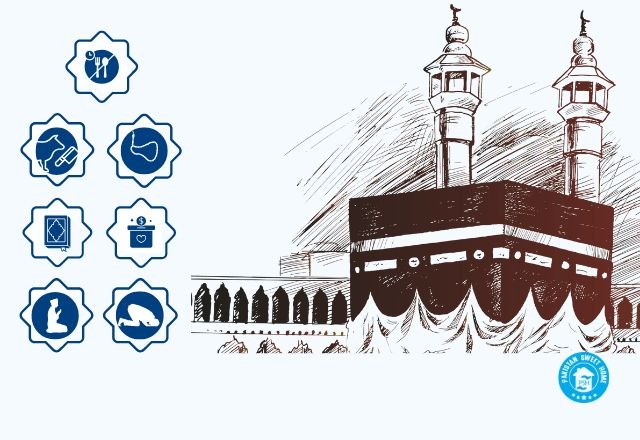
Understanding the Importance of Muharram in Islam
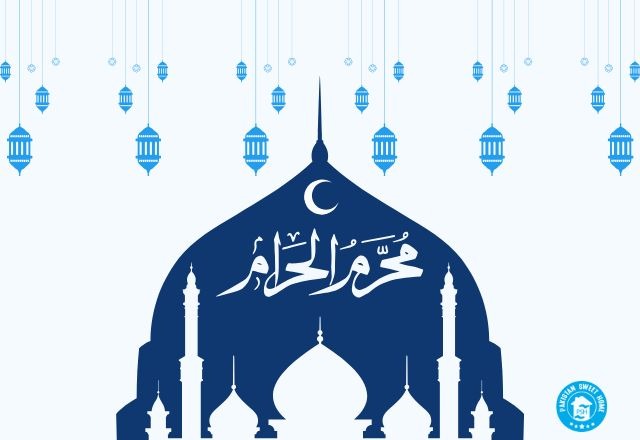
10th Muharram (Day of Ashura): What Is It and Why Is It Important?

1st Muharram: Significance of New Islamic Year
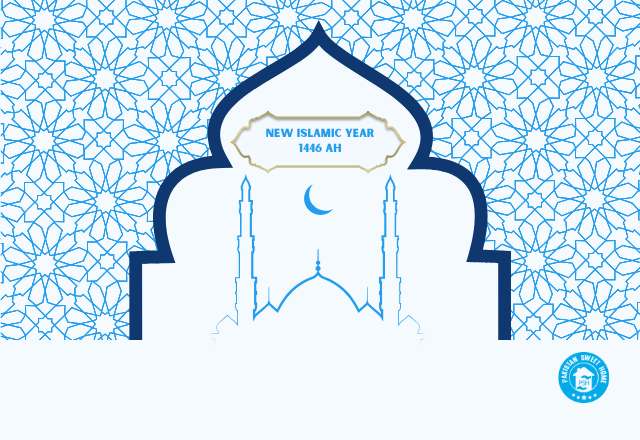
What is Ramadan: A Comprehensive Guide on the Holiest Month
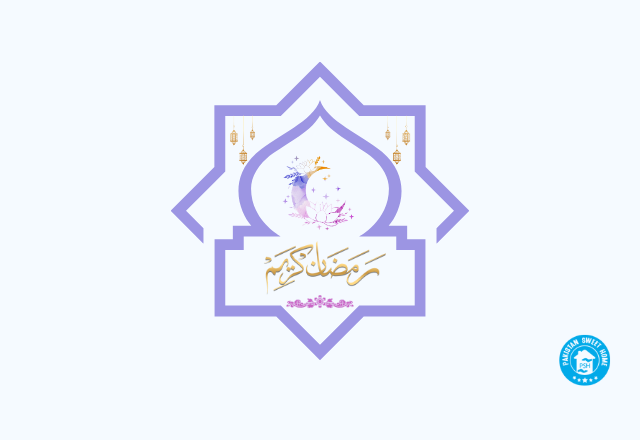
Understanding Rabi al-Awwal: Month of the Prophet's Birth
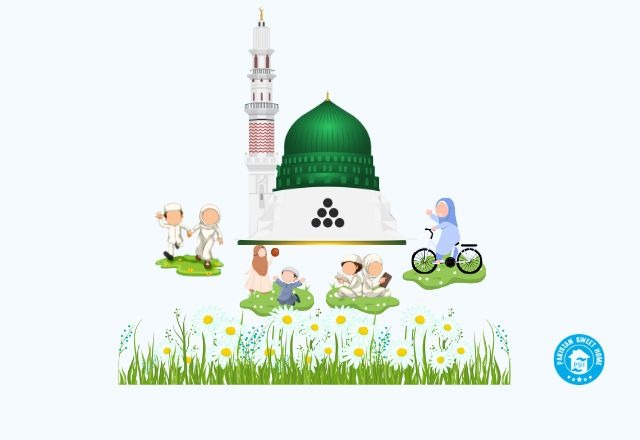
A Brief History of Ramadan

How to Prepare for Ramadan: Soul, Body and Mind

Suhoor in Islam: A Comprehensive Guide
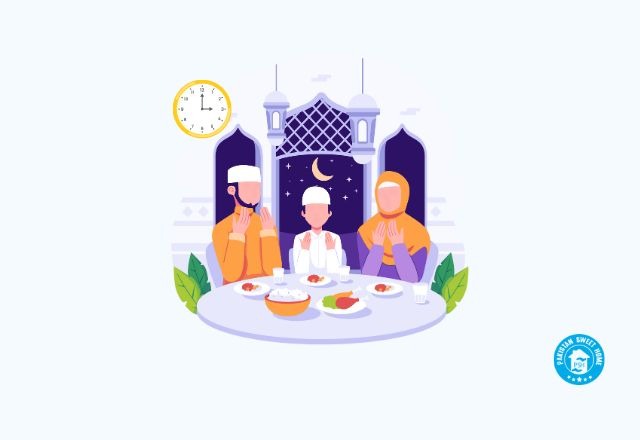
Iftar in Islam: What It Is, When It Begins, and How to Observe It

How to Maximize Rewards in Last Ten Nights of Ramadan?
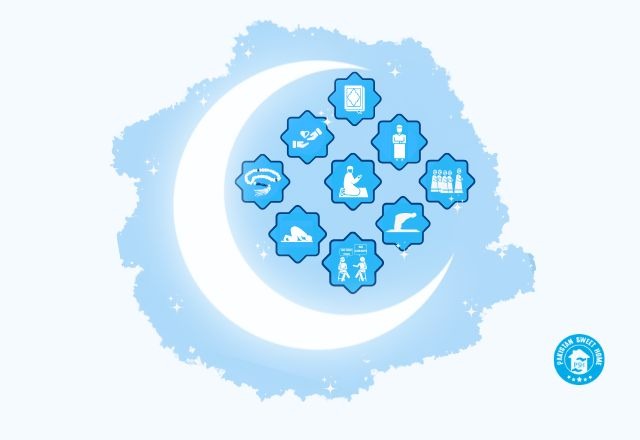
The Early Life of Prophet Muhammad (PBUH)

Prophet (PBUH) and Orphans: A Legacy of Mercy
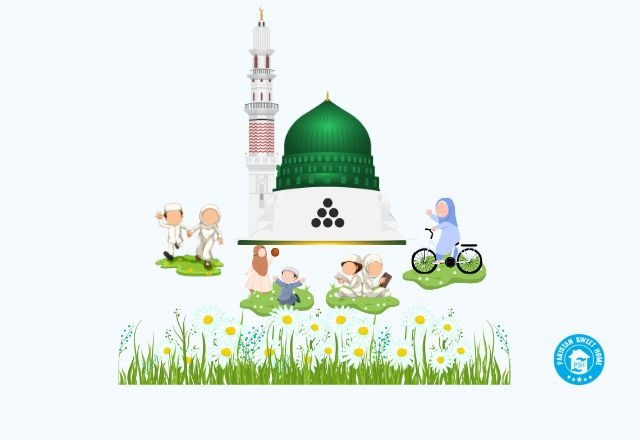
What is Itikaf in Ramadan?
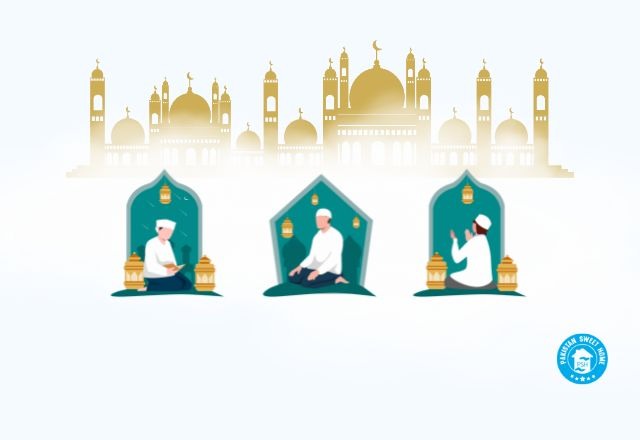
Safar Month: Meaning, History, Superstitions & Key Events
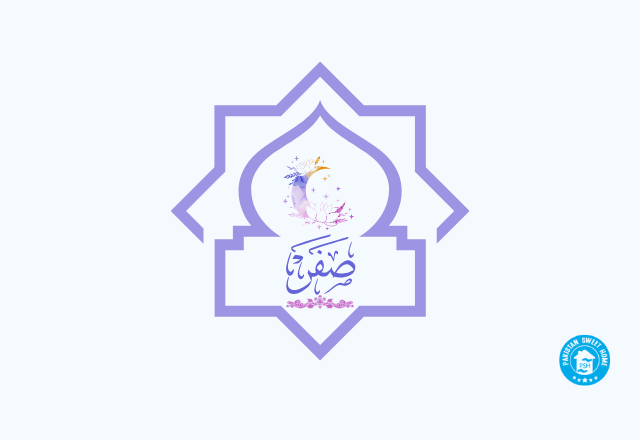
Rabi al-Thani: The Fourth Month of the Islamic Calendar
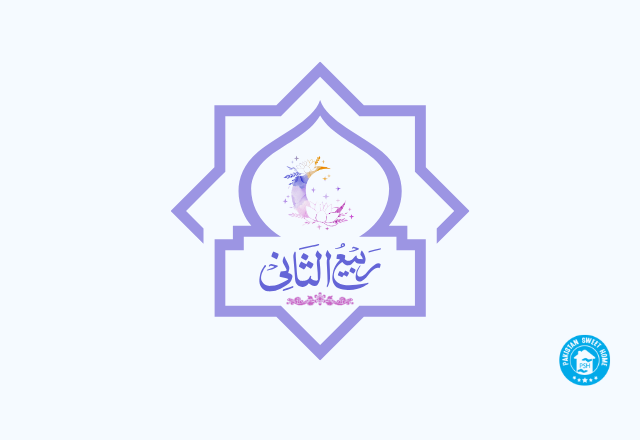
Jumada al-Awwal: The Fifth Islamic Month of Hijri Calendar
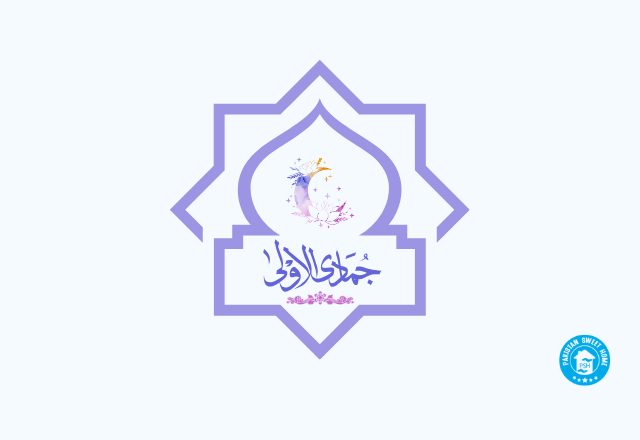
Jumada al-Thani: The Sixth Months of the Islamic Calendar

Islamic Month of Rajab: Meaning, Key Events and Innovations
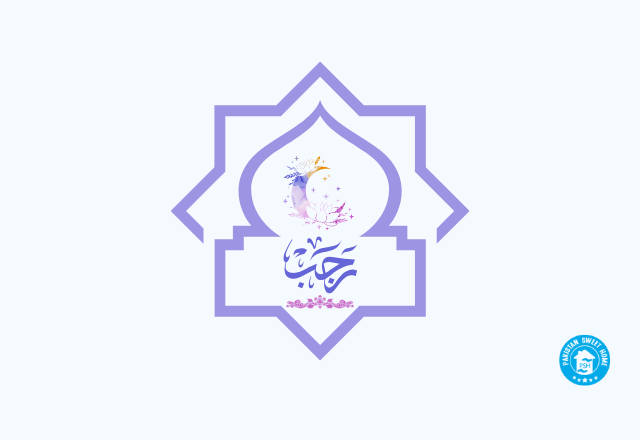
What Happened on the 13 Rajab?

What Happened on the 15 Rajab?
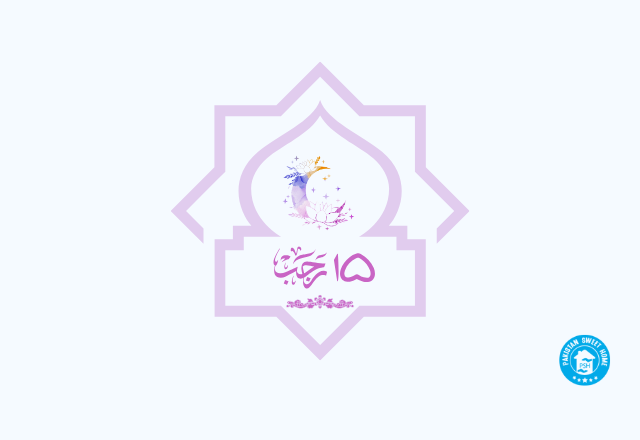
What Happened on 27th Rajab: Exploring Prophetic Night Journey

Shaban: Meaning, Importance, Events, Fasting & Ramadan Prep
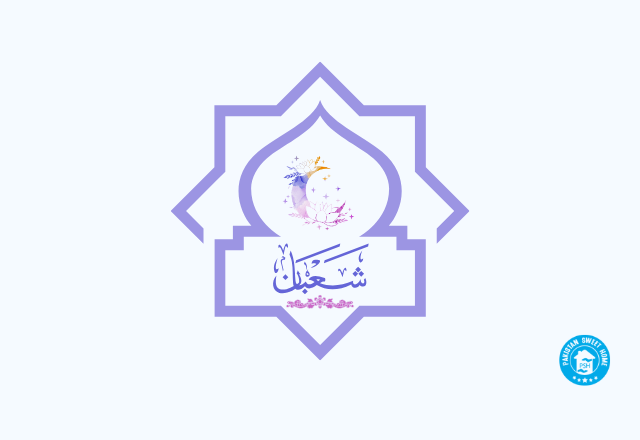
Understanding Ramadan Taraweeh: A Complete Guide

Benefits of Ramadan: From Spiritual Growth to Better Health
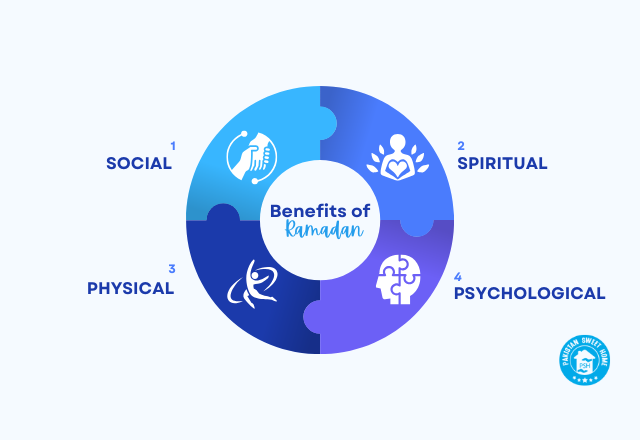
Significance of Ramadan in Quranic Verses
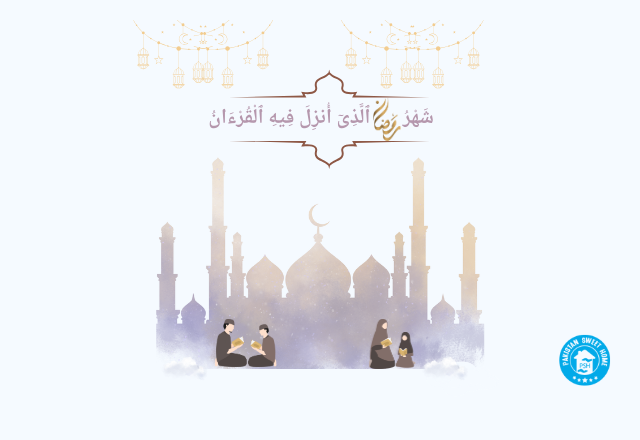
Hadith About Ramadan: A Prophetic Guide on the Month of Fasting
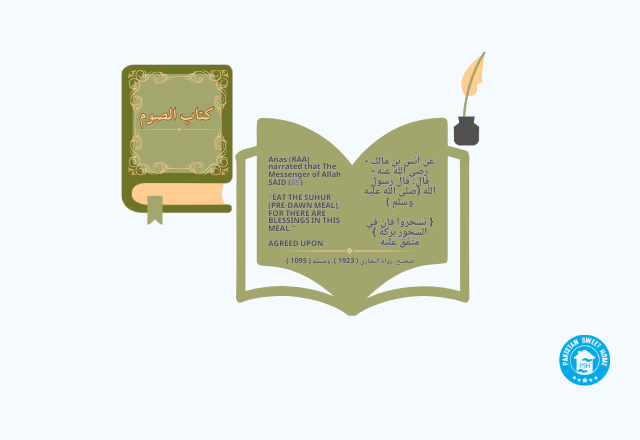
Is There a Specific Dua for Three Ashra of Ramadan?
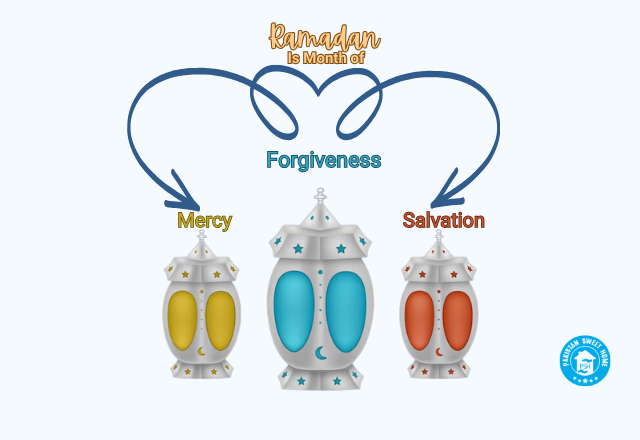
Eid al-Fitr Celebrations: A Three-Day Festival in Islam
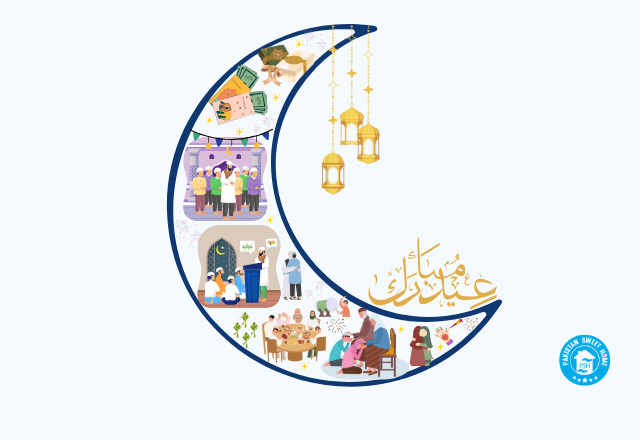
Shawwal 2025: Meaning, 6 Fasts, Events, & Concept of Marriage
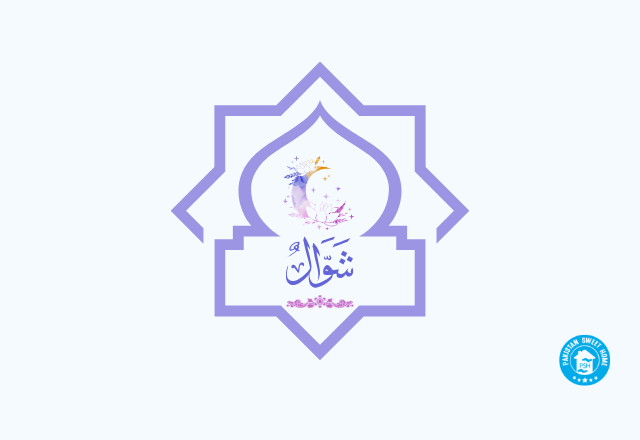
A Complete Guide to 6 Days Fasting of Shawwal
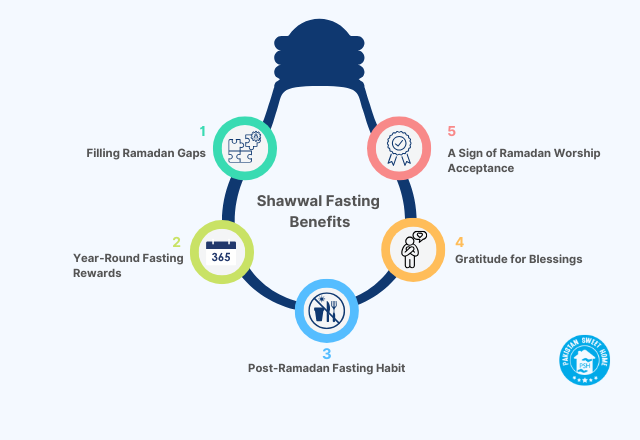
Dhul Qadah 2025: Meaning, Significance, & Historical Key Events
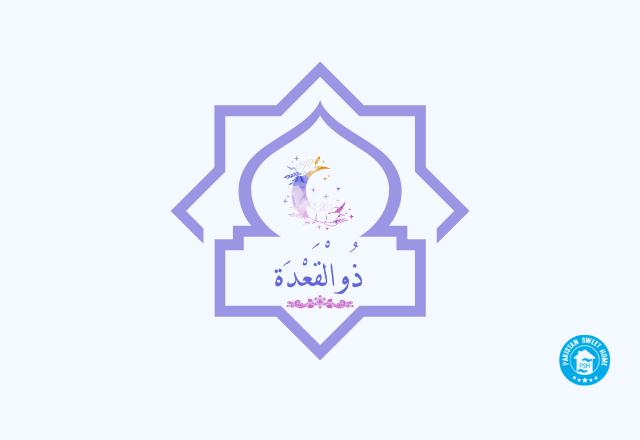
Dhul al-Hijjah: Meaning & Significance of Pilgrimage Month
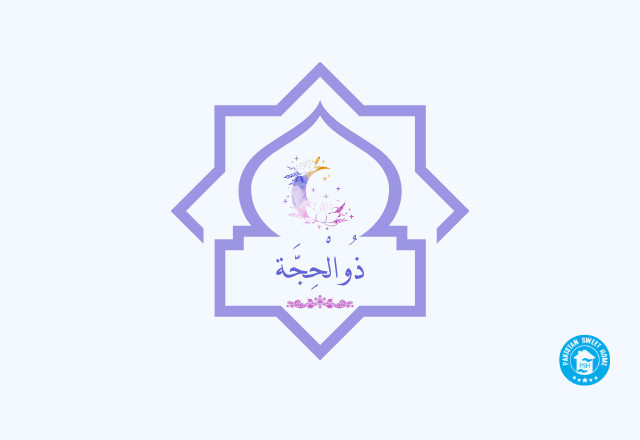
Eid al-Adha Celebrations: The Feast of the Sacrifice
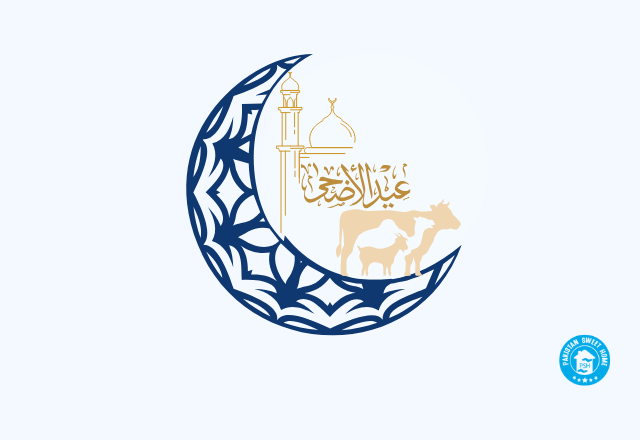
Hajj: A Comprehensive Guide to the Sacred Pilgrimage
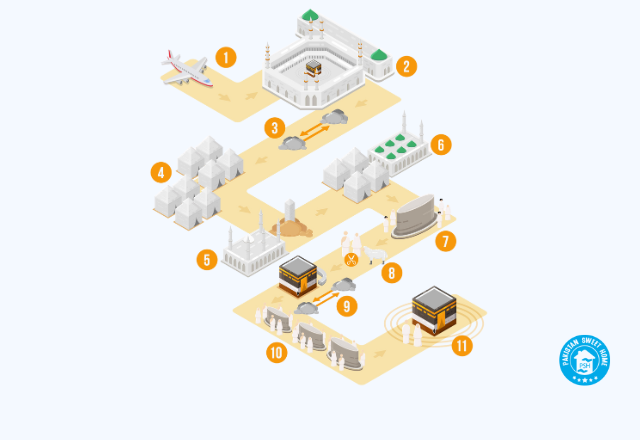
What are the 3 Types of Hajj in Islam?
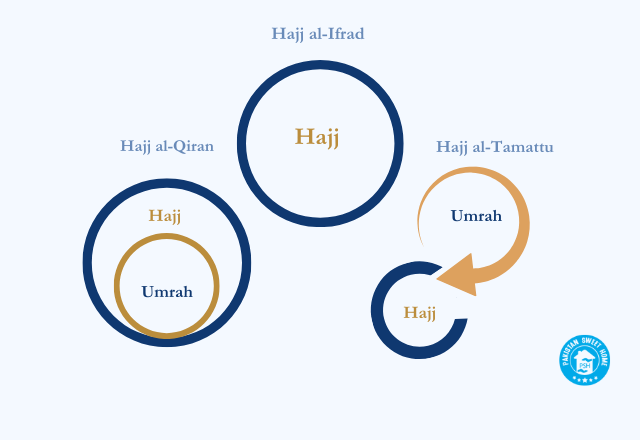
A Complete Guide on the Umrah (Minor Pilgrimage)
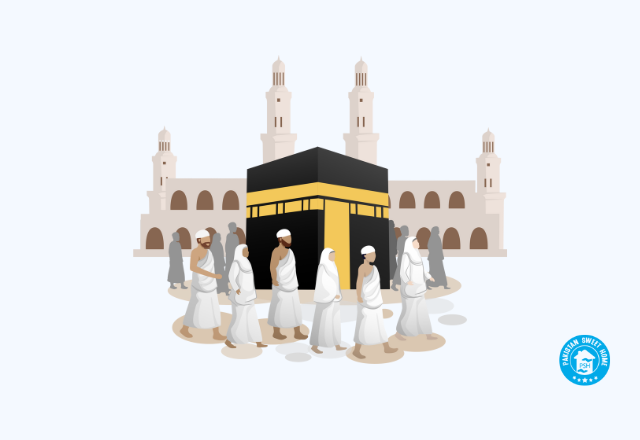
Understanding the Difference between Hajj and Umrah

Three White Days in Islam: 13th to 15th Sunnah Fasting
